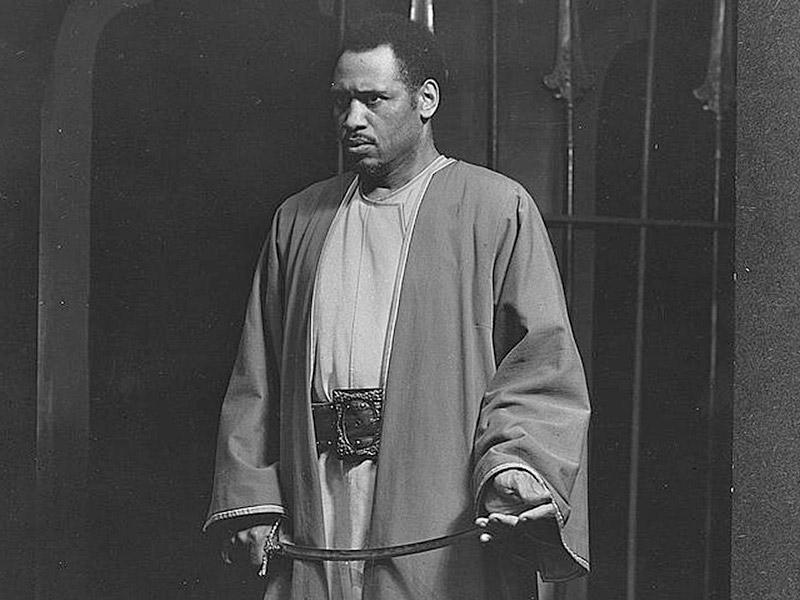Shakespearean scholars, performers to examine race and The Bard
A new workshop and scholarly conference co-sponsored by Tulane’s School of Liberal Arts centers on local Shakespearean archives and “Othello,” as it examines William Shakespeare, race and modern interpretations of literature.
“Rac(e)ing the Shakespearean Archive: Antebellum, Civil War and Reconstruction New Orleans” is co-sponsored by the Folger Shakespeare Library and is organized by Tulane professors Michael P. Kuczynski of the Department of English and John “Ray” Proctor of the Department of Theatre and Dance.
The program includes rare books workshops for 10 scholars who applied through the Folger Shakespeare Library and two events that are free and open to the public.
The keynote address on Thursday, Feb. 23, at 6 p.m. will feature Kara Tucina Olidge, associate director for Collections and Discovery at Getty Research Center, and Ayanna Thompson, Regents Professor of English at Arizona State University and director of the Arizona Center for Medieval and Renaissance Studies. The address will take place at Rogers Memorial Chapel on the uptown Tulane campus.
On Friday, Feb. 24, at 6:30 p.m., “Eight Othellos: An Interactive Interrogation of Performance Text” premieres at the Andre Cailloux Center for the Performing Arts and Cultural Justice, 2541 Bayou Road.
In “Eight Othellos,” the audience will watch performers of different ethnicities and genders take on a crucial exchange between Othello and his nemesis, Iago. Othello is one of a very few Shakespearean characters who are not white. But suppose Othello was white and Iago was a Moor. Or what if they were both played by women?
Proctor, a performance theorist, said the goal is to “look at the way we can rewrite the text without changing the words through casting and the signifiers of performance.
“How did [Shakespeare] think audiences of 1603 would respond? … 1603 is near the beginning of the transatlantic slave trade. We are never going to know who and what that theater experience was.
“Our responsibility is then to ask, what does [today’s] casting mean, because we can never limit what it means to an audience … We look at theater and theater research as a lab: We have to have the place to experiment so that we can explore these questions,” Proctor said.
“The purpose of this event is not to entertain, not to make an audience passively sit back and applaud — it’s to interrogate the way we make meaning through the stage picture.”
Visit the School of Liberal Arts website for more information about the public events.

